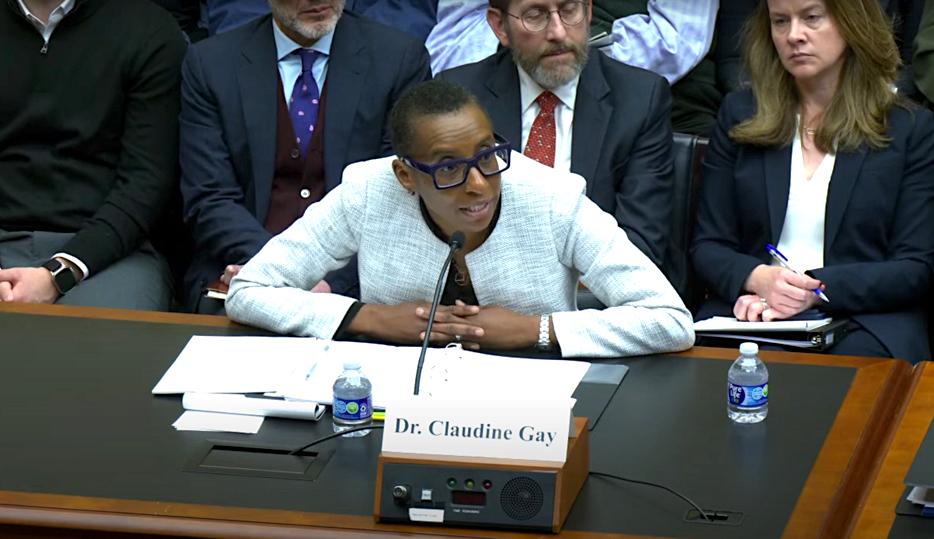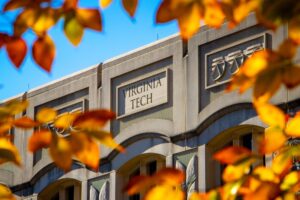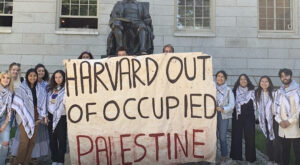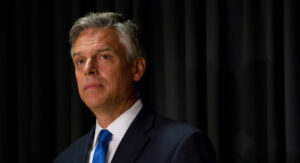Plagued by plagiarism scandal, Harvard’s political donations now flood to this political party
(The Center Square) – As Harvard faces increasing pressure to fire its embattled president, the university’s insular culture and one-sided politics are under the microscope.
So far in the 2024…

(The Center Square) – As Harvard faces increasing pressure to fire its embattled president, the university’s insular culture and one-sided politics are under the microscope.
So far in the 2024 election cycle, Harvard employees including professors and administrators have made more than 100 donations of $1,000 or more to politicians. All but three went to Democrats. Two of the three Republican donations went to candidates trying to take down Donald Trump in the party’s presidential primary.
This weekend, a Washington Post op-ed by deputy editorial page editor Ruth Marcus called on President Claudine Gay to resign. “She plagiarized her acknowledgments. I take no joy in saying this, but (she) ought to resign. Her track record is unbefitting the president of the country’s premier university,” Marcus wrote.
Last week, The New York Times reported that top governing officials for the Ivy League school met to plot a course out of the mess plaguing the university with a more than $50 billion endowment.
Harvard has taken the hot seat after the University of Pennsylvania’s president resigned in the wake of botched Congressional testimony about anti-Semitism at the schools.
Penn has a similarly one-sided donation profile with all the top donations in recent years going to Democrats.
Jennifer Kabbany, editor of The College Fix, which tracks political correctness at universities nationwide, says the donations mask a deeper problem at universities, “The older, classically liberal (professors) who tended to support free speech, academic freedom and intellectual diversity are retiring. They are being replaced with younger, more radical scholars who use the classroom for activism and indoctrination rather than education. These new scholars tend to be far more politically active.” She argues that this transition has turned schools into one-party “echo chambers.”



